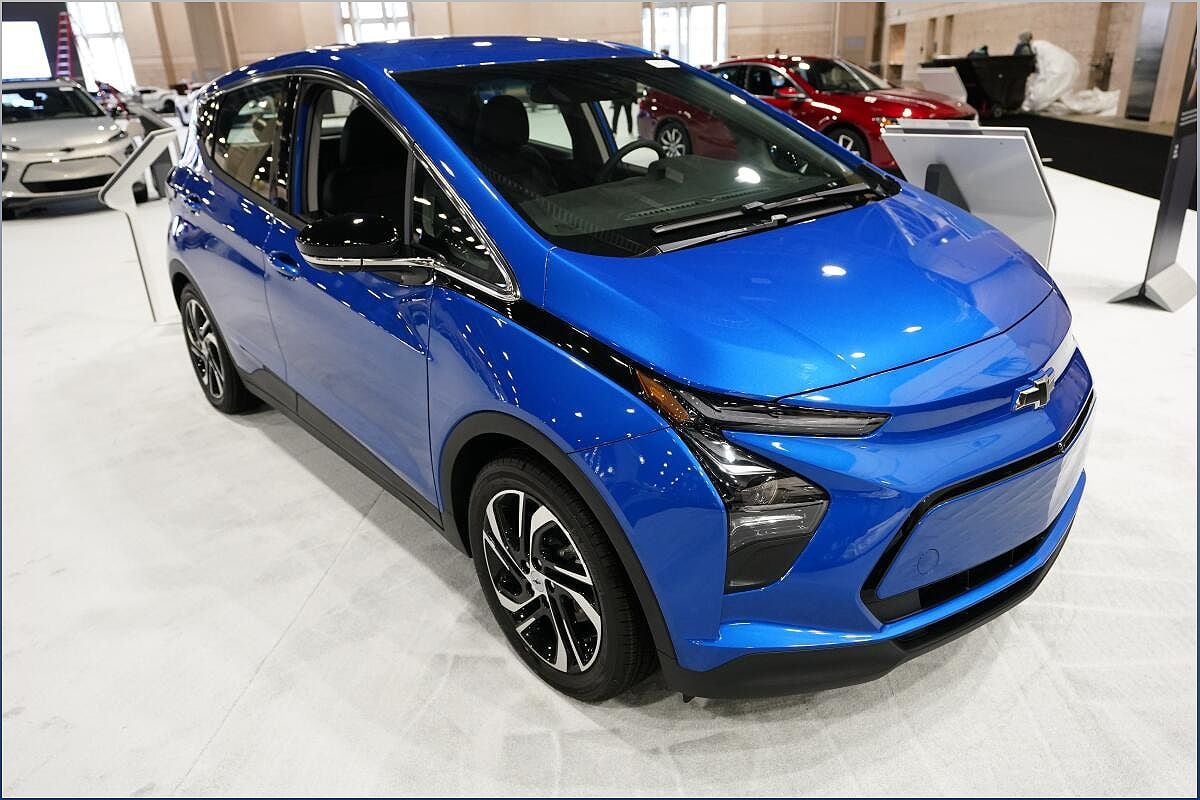Are Electric Vehicles Less Reliable? Survey Reveals Surprising Findings
Electric vehicles (EVs) have been gaining popularity as a greener alternative to traditional gasoline-powered cars. However, a recent survey conducted by Consumer Reports has raised questions about the reliability of EVs compared to their internal combustion engine counterparts. In this article, we will explore the surprising findings of the survey, uncover the common issues reported by EV owners, and discuss the potential impact on the growth of EV sales. Let’s dive in!
Reliability Concerns Surrounding Electric Vehicles
Unveiling the reliability concerns associated with electric vehicles
As electric vehicles gain traction in the automotive market, concerns about their reliability have emerged. According to a recent survey by Consumer Reports, electric vehicles were found to be less reliable than their gasoline-powered counterparts. The survey analyzed EVs from the 2021 through 2023 model years and revealed that these vehicles encountered nearly 80% more problems than internal combustion engine vehicles.

The most common issues reported by EV owners were related to battery and charging systems, as well as flaws in the fit of body panels and interior parts. This raises questions about the ability of EV manufacturers to construct robust power systems. However, Consumer Reports suggests that as manufacturers gain more experience, the overall reliability of electric vehicles should improve.
Impact on Consumer Perception and EV Sales
Exploring the potential impact of reliability concerns on consumer perception and EV sales
The reliability concerns surrounding electric vehicles have the potential to impact consumer perception and hinder the growth of EV sales. Many potential buyers are hesitant to switch to electric vehicles due to worries about reliability, higher costs, limited charging infrastructure, and long charging times.
The survey findings align with the hesitation expressed by consumers, as EV sales have experienced a slowdown since last year. Automakers are concerned that this trend will continue, prompting around 3,900 U.S. auto dealers to sign a letter to President Biden, urging a reconsideration of fuel economy and emissions requirements that could mandate electric vehicles to make up 67% of total U.S. vehicle sales by 2032.
Comparing Reliability of Electric Vehicles and Plug-in Hybrids
Examining the reliability comparison between electric vehicles and plug-in hybrids
The survey also compared the reliability of electric vehicles with plug-in hybrids, which can operate on battery power before switching to a gas-electric powertrain. It found that plug-in hybrids were more prone to problems due to their two separate and complex power systems.
Brands that have generally shown lower reliability, such as Jeep and Volvo, have also started mass-producing plug-in hybrids. On the other hand, integrated gas-electric hybrid systems, which have been in use for about a quarter-century, were found to be more reliable than gasoline vehicles.
Brand Reliability Rankings and Segment Analysis
Unveiling the brand reliability rankings and analyzing reliability by vehicle segment
When it comes to brand reliability rankings, Lexus, Toyota’s luxury brand, topped the list as the most reliable, followed by Toyota, Mini, Acura, and Honda. On the other end of the spectrum, Jeep, Volkswagen, Rivian, Mercedes-Benz, and Chrysler ranked the lowest in terms of reliability.
The survey also revealed that compact cars were the most reliable segment of the market, while electric cars, electric SUVs, full-size pickups, midsize pickups, and electric pickups had the worst reliability.
